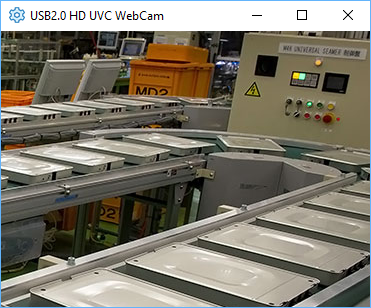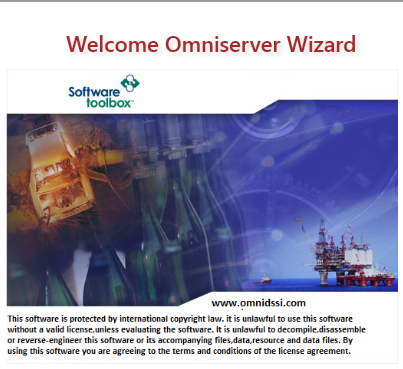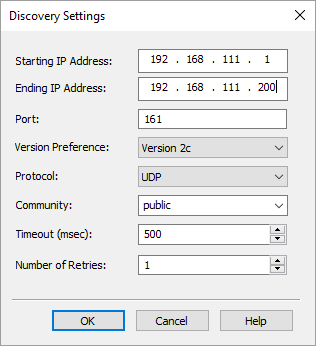By now, I’m sure you’re aware of the Cogent DataHub v8 release. Since announcing the release date, we have had many good questions from existing users like you.
This blog post will address the most common questions we have received and provide the answers you need to plan your DataHub V8 migration.









